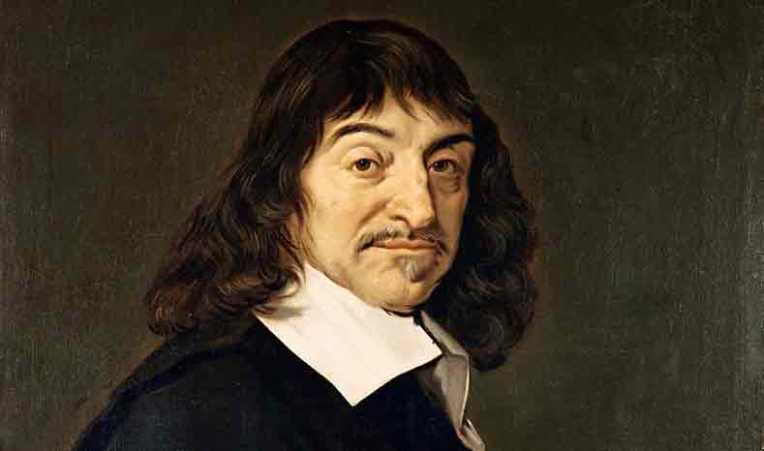
When I was 14 years old, I was sitting in a classroom listening to some teacher rambling on a Dutch past tense and somethign rather interesting caught my eye. There was this big poster saying “Corgito ergo sum”. I knew a little latin, but my attention was moslty caught by football at that time. Let’s be honest, it still is. It was a quote by the philosopher Rene Descartes and I knew nothing about the man, except that he sounds like someone who would make cards. 10 years later I would be confronted with the blessing that’s called philosophy and I finally got to know Descartes.
Studying Arts & Culture has taught me many things, but the most valuable discipline to me is philosophy. I want to write about philosophy more often, but I find that it’s hard to convey the message I want to put out. I’ve been working on it and debating with myself, whether I should blog about it, but in the end I should do what makes me happy. Philosophy makes me happy. Football too. But let’s talk about Rene Descartes!
Descartes
Rene Descartes (1596-1650) was a French philosopher who’s known to have changed the way we think about the world. He’s also called the father of modern philosophy and his most famous quote is the afore mentioned “Corgito ergo sum”. Like most philosophers he wrote a theory on how to be (ontology) and a theory on how you construct knowledge (epistemology). Let’s have a look at them.
Epistemology
The theory on how we construct knowledge in philosophy is called epistemology. Descartes views on how we construct this knowledge has been very interesting and at the time was very innovative. Together with Francis Bacon, they mark a turn in history. They base their construction of knowledge on the fact that we know nothing and we must construct our own knowledge on ratio (Descartes) or experience (Bacon). Descartes is a rationalist and tells us that you can construct knowledge from using your mind. Focus on the rationality rather than what has always been or on what you see. That’s his view on you how construct knowledge. Before, people constructed knowledge bases on what was known, the so-called authorities.
Ontology
Ontology is what in philosophy means something like the theory of being. Descartes is one of the widespread known philosophers who has also developed a theory of being and he focuses on something we call Cartesian Dualism. In this theory Descartes describes a dualism that focuses on mind versus body. This philosophy states that the mental can exist outside of the body, and the body cannot think. They are two separate things, however they can’t exist without each other.
Watchmaker Analogy
What I find the most interesting thing about Descartes are not his epistemology or ontology like described above, but the Watchmaker analogy. This analogy deals with the role of God within the rather revolutionary time of the 16th and 17th century, where God was being questioned more and more. This analogy deals with the idea that every design has a designer, which in Descartes world would translate into his rationality. The world was divided into parts and all of our philosophical and scientific ideas had their place in it. But they only seemed to fit and to work, because of the great designer and that is God. He started the world and the creation of all the ideas.
